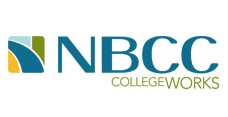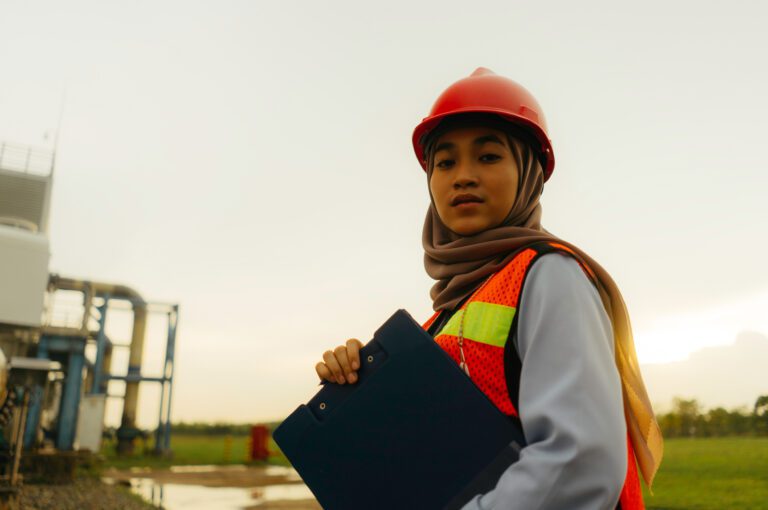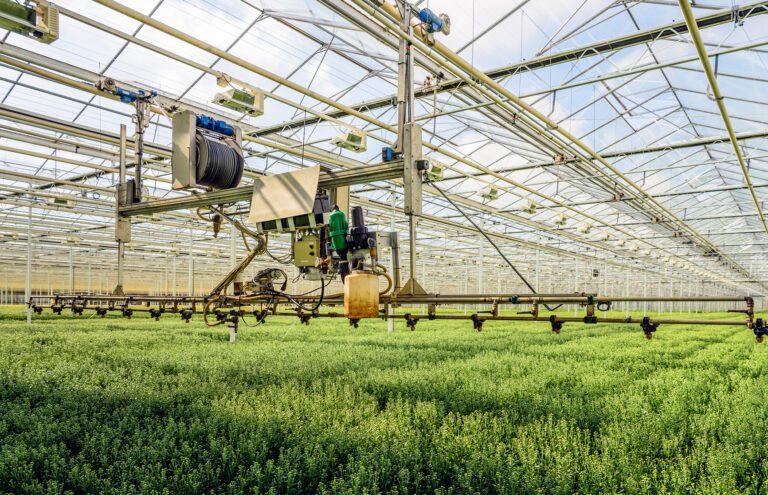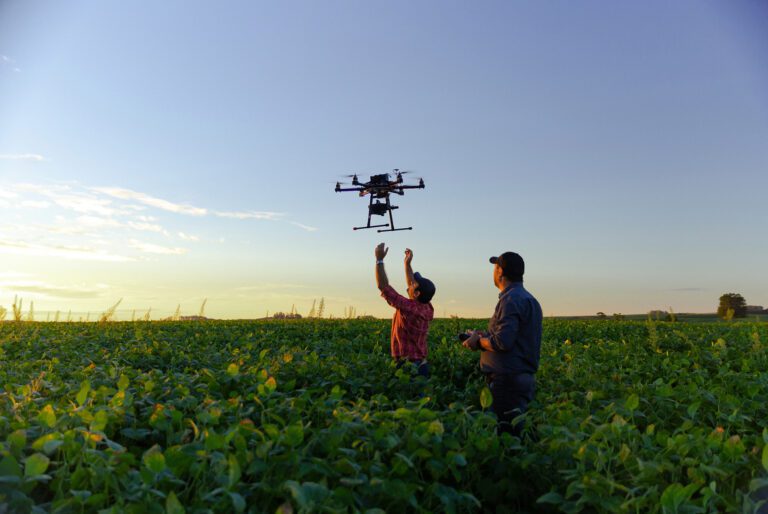Canadian Colleges for a Resilient Recovery (C2R2): Canada’s economy and workers have the potential to lead the world in the transition to a clean, sustainable future. C2R2 is a coalition of leading colleges, cégeps, institutes and polytechnics from across Canada that are collaborating to address that potential, in part by creating Quick Train Canada.
By working together, colleges can help lead the transition to this clean economy. Canadian colleges are positioned to quickly develop thousands of training and research opportunities to help Canadians access good jobs, support the transition to the low-carbon economy, and foster inclusion, diversity, and equity.
Quick Train Canada: Short-cycle education and skills training, offered by accredited partner colleges and institutions across Canada, gives employers and employees in multiple sectors a competitive advantage in Canada’s changing economy.
Fifteen education partners across Canada each bring unique strengths and areas of focus to the C2R2 coalition. Partners contribute to Quick Train Canada with microcredential education that updates skills and upgrades participant futures today.
The Macpès teaching and research forest at the Cégep de Rimouski serves as a living laboratory for applied research and teaching sustainable forestry management. Affiliated with the Cégep de Rimouski, Innovation Maritime (IMAR) and SEREX each have the mission to contribute to the development of sustainable practices to support technology transfer to the maritime sector and the forest products processing industry respectively.

New Brunswick Community College (NBCC) offers the skills and education needed for the workforce. With programming in a number of energy security and sustainability industries, including alternate energy, renewables and energy storage, their diverse learning experiences not only offer an edge in the workplace, they position learners for greater impact in their communities and beyond.
Red River College Polytechnic (RRC Polytech) is Manitoba’s largest institute of applied learning and research. RRC Polytech's initiatives provide industry partners with applied research, technical services, and training in areas that align with our expertise and regional socio-economic demand. The College prioritizes sustainable growth, with ongoing work in electric vehicle technology, reduction of food insecurity through culinary innovation, and cold climate efficient building technology.
The Southern Alberta Institute of Technology (SAIT) is an international leader in multi-disciplinary applied research and innovation. Through its six fully-operational research centres, SAIT is supporting and accelerating emerging technologies and innovations in low carbon solutions in energy and electrification based clean-technologies, green-buildings-net-zero systems, carbon management through environmental-technologies, drone-aerial intelligence systems, advanced manufacturing and materials, and digitalization.




